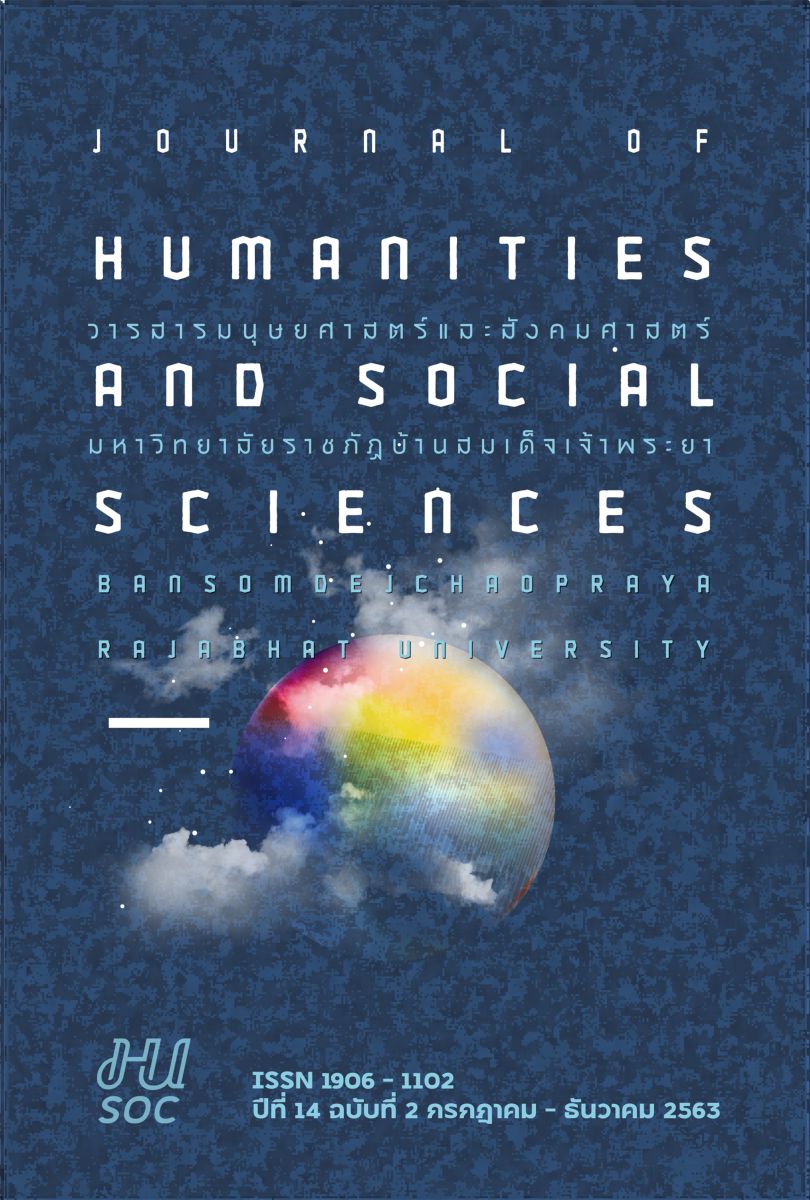The Rural Development of Thailand: Concept of Sufficiency Economy Philosophy
Keywords:
Development, Philosophy, Sufficiency EconomyAbstract
The Eleventh National Economic and Social Development Plan (2555-2559 BC) was created during a period when the United States had social, economic, and environmental changes which occurred rapidly and affected severely. Based on the Eighth Plan to the Tenth Plan, “the philosophy of sufficiency economy” was applied widely at all levels including family, community, society, or nation which contributed to strengthening the immune system and helping Thailand to cope with such changes. In the Eleventh Plan, all sectors of society in Thailand jointly agreed to adopt the philosophy of sufficiency economy as a guideline to continue the development of the country. The aim of immunity and appropriate risk management was to develop the country for balance and sustainability (The Eleventh National Economic and Social Development Plan).
References
Chaliew Buri Phakdi. (2004).行为科学和社会科学理论在发展中的应用. 曼谷:Rajabhat Phranakhon Institute.
Chanchai Phetpraphankun. (2007). 充足的经济与国家发展,从哲学到实践.曼谷:Department of Cooperatives Faculty of Economics of Agriculture.
Direk Lerkhirai. (1984). 乡村发展: 强调社会发展和观念. 曼谷: Kasetsart University.
Kanchana Kaewthep & Kanoksak Kaewthep. (1987). 自力更生和农村发展潜力.曼谷:Catholic Council of Thailand for Development.
Natthaphon Khanthachai. (1984). 国家发展中的概念和理论. 曼谷:Odeon Store.
Niran Chongwutiwet. (1984). 加强公众参与发展的战略,准则和方法.曼谷:Center for Health Policy Studies Mahidol University.
Sumet Tantivejkul. (1988). “皇家倡议下的农村发展”. 第十二
Suphot Chareonrattanakun. (2009). 改善军事指挥官生活质量发展单位的发展准则. National Defense College
Downloads
Published
How to Cite
Issue
Section
License

This work is licensed under a Creative Commons Attribution-NonCommercial-NoDerivatives 4.0 International License.




